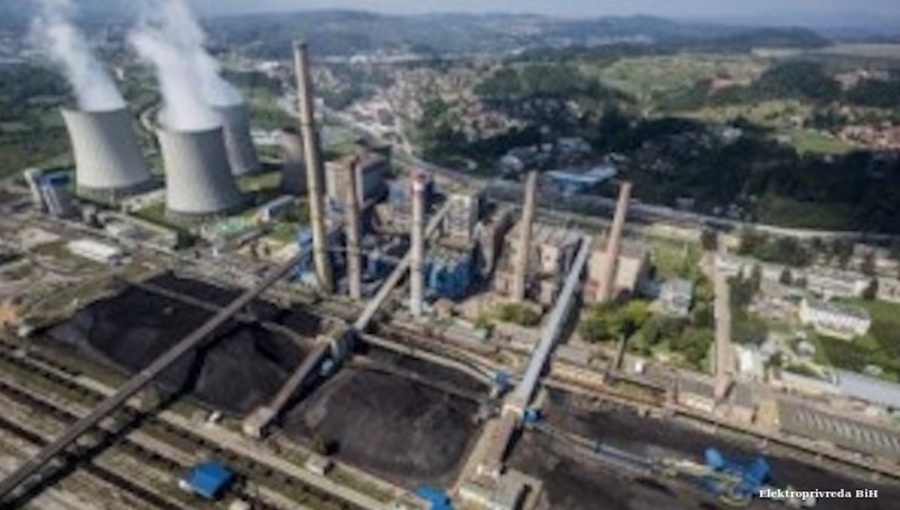COP28: Western Balkan countries need better strategies to phase out coal, says CAN Europe

Bosnia & Herzegovina, Kosovo and Serbia have fallen short of the targets outlined in their National Energy and Climate Plans (NECPs), Climate Action Network (CAN), a European NGO coalition dedicated to combating climate change, said in a new report.
All three countries — along with fellow Western Balkan states Montenegro and North Macedonia — have substantial coal power sectors, but have committed to reducing emissions.
The report from CAN points to the three countries’ reliance on outdated and inefficient coal-fired power plants, complicating the transition to renewable energy.
It also criticises the potential shift to gas, as indicated in the NECPs. The report argued that such dependencies on fossil fuels undermine the feasibility of carbon pricing policies, which are inadequately addressed in the NECPs.
"While commendable efforts have been made in drafting the NECPs, there is substantial room for improvement in their final versions. Notably, while the avoidance of investments in new coal generating capacities is a positive step, the absence of a concrete coal phase-out strategy is concerning. Minimal efforts to reduce reliance on coal by 2030 are insufficient for significant greenhouse gas reduction," says the report.
"Persistent dependence on an outdated and inefficient coal fleet hampers the much-needed transition to renewable energy sources in the region, further complicated by the potential transition to fossil gas as indicated in the NECPs. This undermines the feasibility of implementing carbon pricing policies, which are inadequately addressed in the NECPs."
“With a heavy reliance on coal, the region needs to establish clear and immediate coal phase-out dates and implement corresponding policies,” said CAN Europe director Chiara Martinelli. “The outdated and polluting coal technology hampers the energy transition in a time where renewable investments are growing more and more. This moment is also an opportunity to ensure a socially and environmentally just transition, that must be reflected in the final NECPs to bring the region closer to the EU.”
Bosnia, as the sole electricity exporter in the region, generates up to 60% of its power from coal-fired plants, with the remainder primarily coming from hydro sources.
Kosovo and Serbia produce approximately 90% and 70% respectively of their electricity from ailing coal-fired plants, supplemented by hydro, wind and solar power.
While the NECPs of these countries outline general goals for transitioning to green energy and committing to cease investing in new coal capacities, the report criticised the lack of detailed information on capacity scale, sectoral uptake, and comprehensive grid integration strategies.
Specifically, Bosnia's plan to maintain units of its Tuzla 4 and Kakanj 5 coal-fired plants, even after reaching their 20,000 working hours' threshold, was flagged as a concern.
In Kosovo, the report highlighted the absence of a comprehensive strategy for phasing out lignite, a coal variant abundant in the region. Expectations for coal power plants to remain operational beyond 2040 further raised concerns, with the report noting that this lack of strategy represents a critical gap in Kosovo's commitment to decarbonisation.
The report urged Serbia to establish more ambitious energy efficiency targets aligned with its commitment to achieving climate neutrality by 2050.
“While making progress in their energy transition, the Western Balkans’ draft NECPs require significant improvements and revisions,” CAN Europe’s energy and climate policy coordinator for Southeast Europe, Viktor Berishaj, told a presentation of the report, according to a CAN press release.
“Inclusion of credible and cohesive policies in the final NECPs by June 30, 2024, is essential, serving as a milestone to ensure that the 2030 climate and energy targets pave the way for climate neutrality by mid-century. This deadline is not merely procedural; it represents a critical opportunity for the Western Balkans to align with the EU’s energy and climate framework, actively contributing to Europe-wide climate neutrality,” Berishaj added.



Follow us online